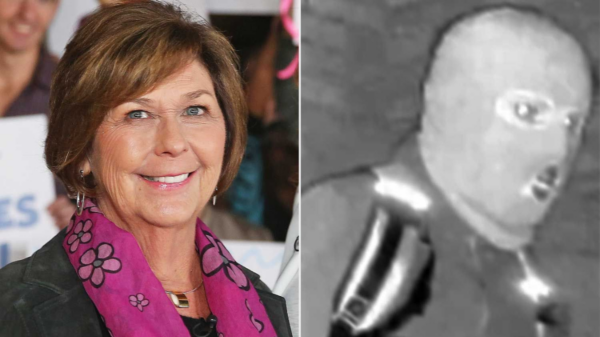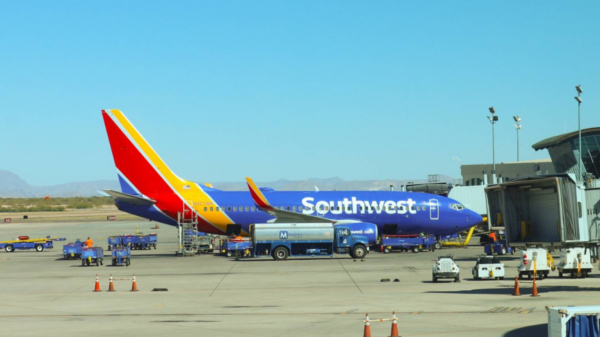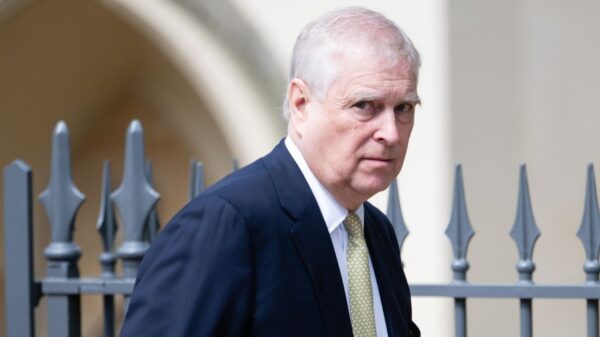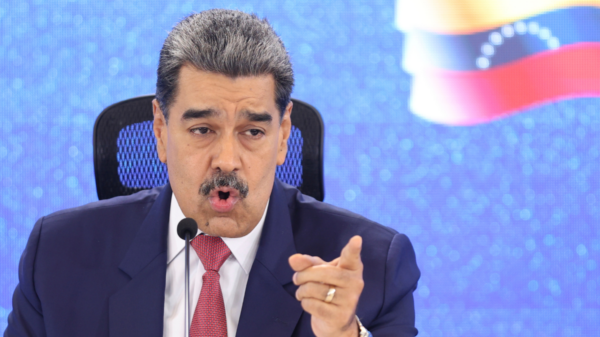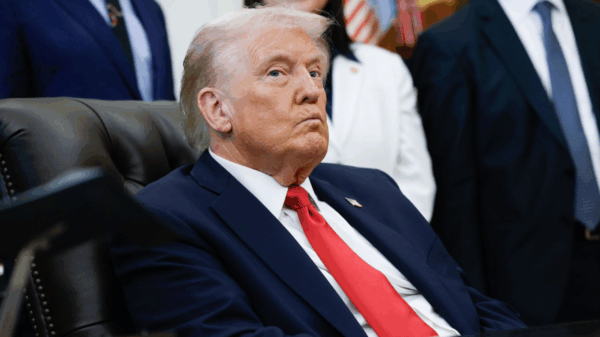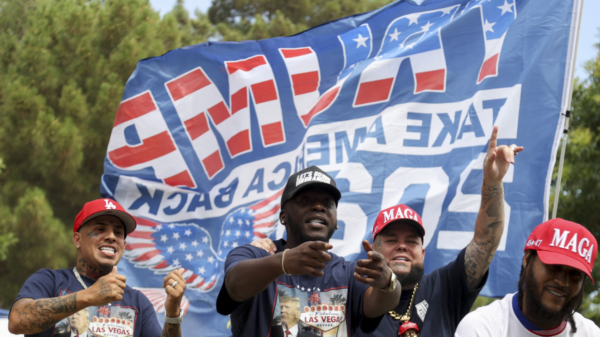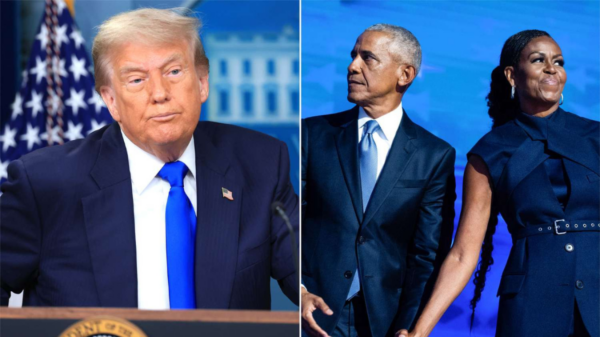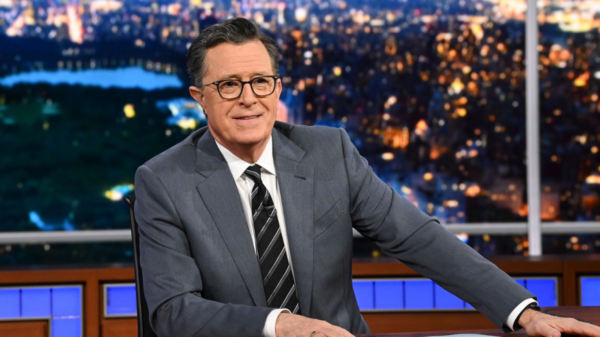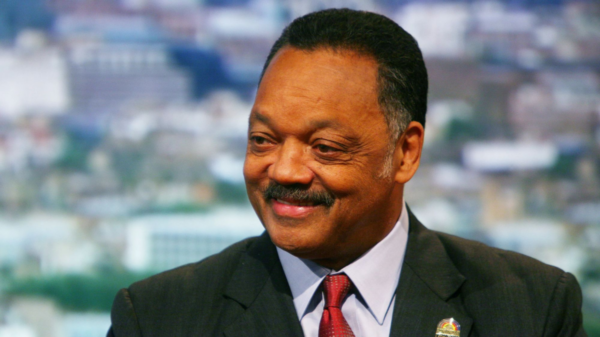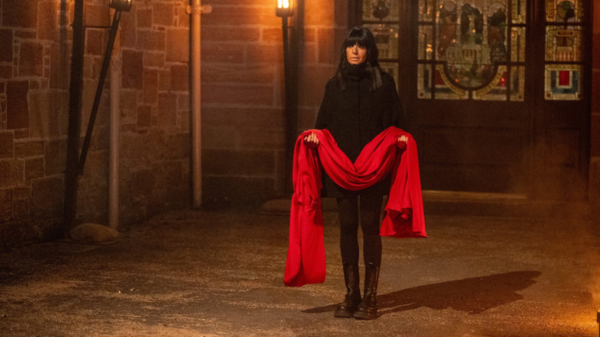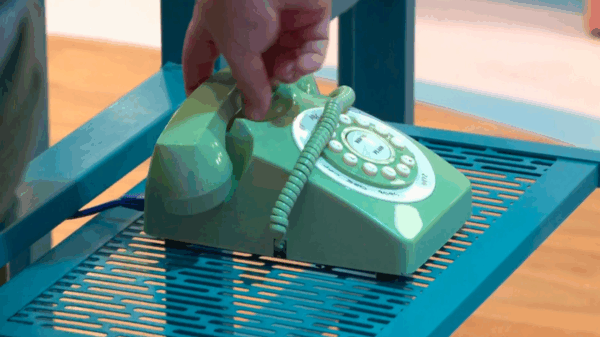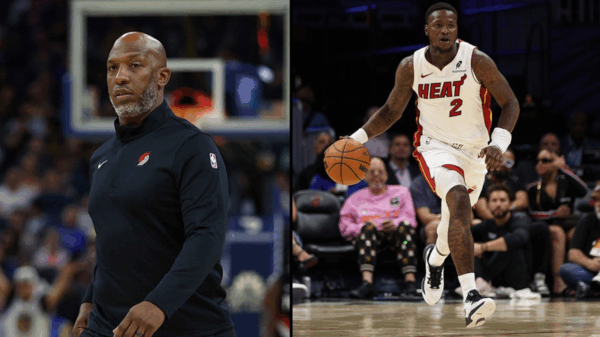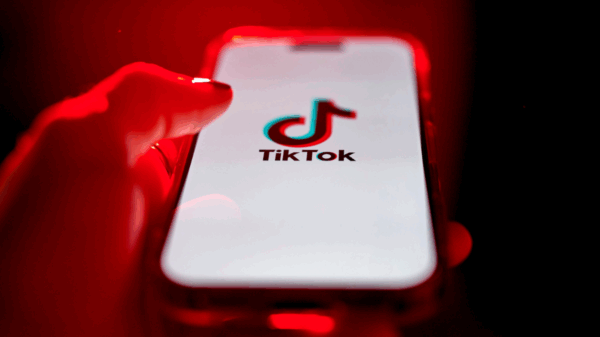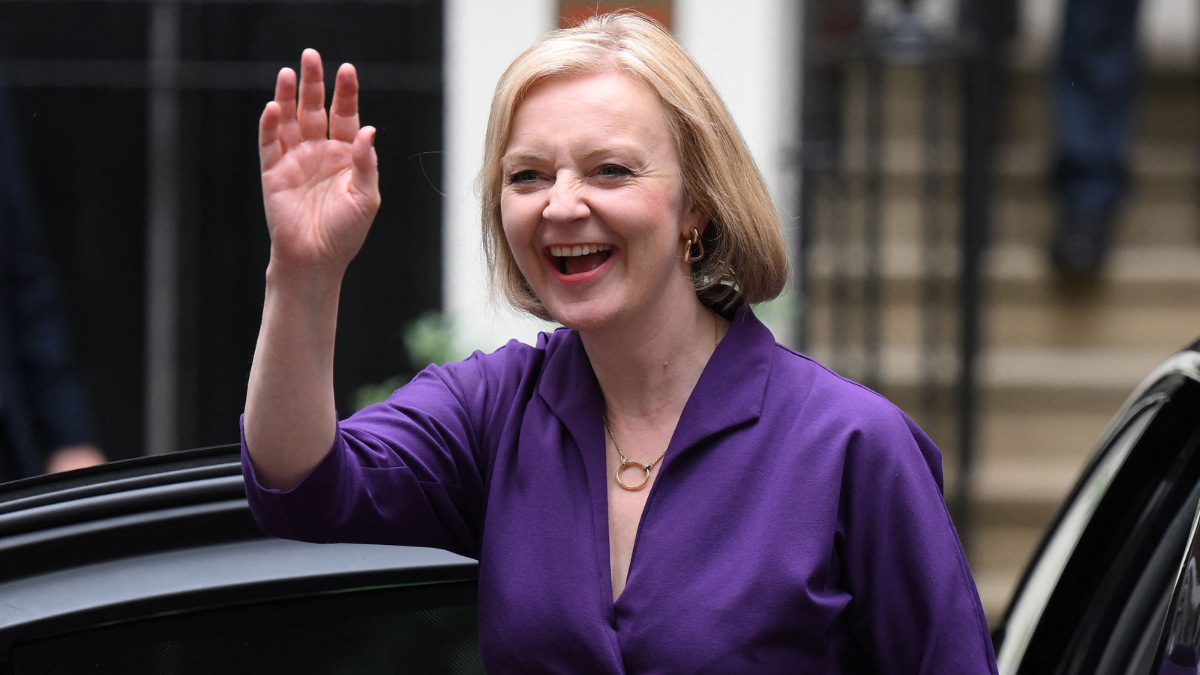LONDON – U.K. Prime Minister Boris Johnson has announced a further extension to Brexit trade deal talks after failing to reach an agreement with the EU.
Despite granting an extension, both sides agreed that prior talks had been productive. Mrs von der Leyen, the President of the European Commission, stated Sunday’s call with Johnson was, “constructive and useful” and the Prime Minister agreed he would go that “extra mile” to try and get a deal.
Brexit talks have been going on since March after Britain formally left the EU in January 2020. Johnson recently warned that a no-deal scenario was “most likely,” but what will this mean for the future of the U.K.?
If Britain fails to strike a trade deal with the EU, tariffs on goods being brought and sold between the two nations will increase. This would mean that supermarket prices could increase, and consumers may be facing more of a limited choice in the months ahead.
A major obstacle within the talks is over EU fishing rights. If talks fail and an agreement is not reached, U.K. fishermen may no longer have special access to EU markets. A no-deal outcome will also impact British farmers and the agricultural sector at large. The President of the National Farmers Union, Minette Batters, has stated that tariffs imposed on British beef could be as high as 85 percent.
A delayed outcome, that is no closer to establishing a trade deal, is causing anxiety for farmers who want to plan for the future.
Batters echoed this in her statement: “Farmers run long-term businesses, they want certainty.”
Meanwhile, the British people have been warned that the country may face food shortages in the event of a no-deal Brexit. Off the back of two lockdowns and the panic buying that occurred throughout the country, it is no wonder that anxiety is being felt all around.
Establishing a trade deal will not only define Britain’s future but the shape of the Conservative party. The Party is divided on whether having a trade deal with the EU is beneficial or not. Dominic Raab, the Foreign Secretary, stated in 2019 that the 2016 Referendum result gave Britain a direct mandate for a no-deal Brexit.
“We’re very well placed, and mutual self-interest suggests we’d cut a very good deal and it’s certainly not in the European’s interests to erect trade barriers,” Dominic Raab, the Foreign Secretary said in 2016.
However, Sir John Redwood, Conservative MP for Wokingham in Berkshire, believes trying to establish a deal with the EU takes away from the central idea of sovereignty behind the 2016 vote.
“A long, complex legal agreement that locks the U.K. back into many features of the EU that hinder us is not the Christmas present the U.K. needs,” he said.
Establishing the groundwork to formally leave the EU is proving more complicated as Britain and its Prime Minister reaches another stalemate. If no progress is made by December 31, Britain will have to trade with the EU on WHO (World Health Organisation) terms, meaning higher tariffs all around.
Johnson ran a General Election campaign in 2019 with the promise of an “oven-ready deal” Brexit trade deal. However, over a year on, progress has not been made – but uncertainty reigns.
Coupled with the threat of Britain’s third Coronavirus wave, the prospect of a no-deal with the EU may well plunge the country further into crisis.


